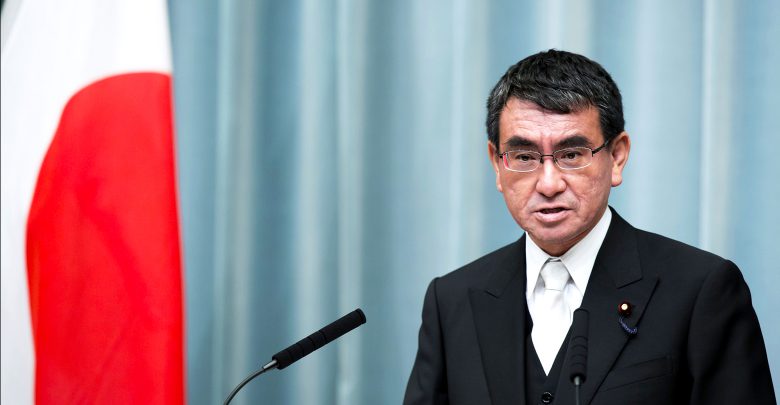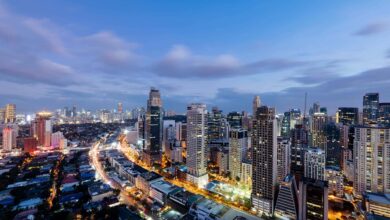
Japan lends $202M for Mindanao Infra Projects
Up to $202 million will be lent by Japan to the Philippines for building roads and bridges in conflict areas of Mindanao. Japanese Foreign Minister Taro Kono exchanged promissory notes with Department of Foreign Affairs Secretary Teodoro Locsin Jr. in Davao City last February 10.
“Through this, Japan will contribute to developing a road network that supports the foundation of people’s lives in Mindanao by improving access to schools and hospitals and by revitalizing economic activities in the region,” said Kono.
This amount, from the Japan International Cooperation Agency (JICA), will contribute to the ₱24-billion ($460 million) project to connect the southern region of the Philippines via 150 kilometers of roads and 40 bridges. Targeted to be completed in 2025, construction for these projects is scheduled to begin this year.
Kono was in Davao City to open Japan’s consulate general. China also opened its consulate in the city in 2018.
The region remains in conflict decades after the Muslim independence movement in Mindanao in the 1970s, with intense political rivalries and rebel splinter groups vying for control.
Japan welcomes Bangsamoro Organic Law, expresses continued support
In 1989, the Moro National Liberation Front, then the biggest rebel group, agreed with the government to form the Autonomous Region of Muslim Mindanao (ARMM).
After nearly two decades of negotiations between the government and the rebel groups, President Duterte signed the Bangsamoro Organic Law in July of 2018, which aims for the creation of a new entitiy in the region to replace the ARMM, allowing greater autonomy for its people and giving them more control over their natural resources, as well as bigger share in the resources of the state.
Kono said that Japan welcomes the ratification of the law, explaining that Tokyo has been a continuous supporter of the Mindanao peace process for more than 10 years already.
“Japan plans to assist job creation and livelihood improvement for the locals, including combatants,” said Kono.




